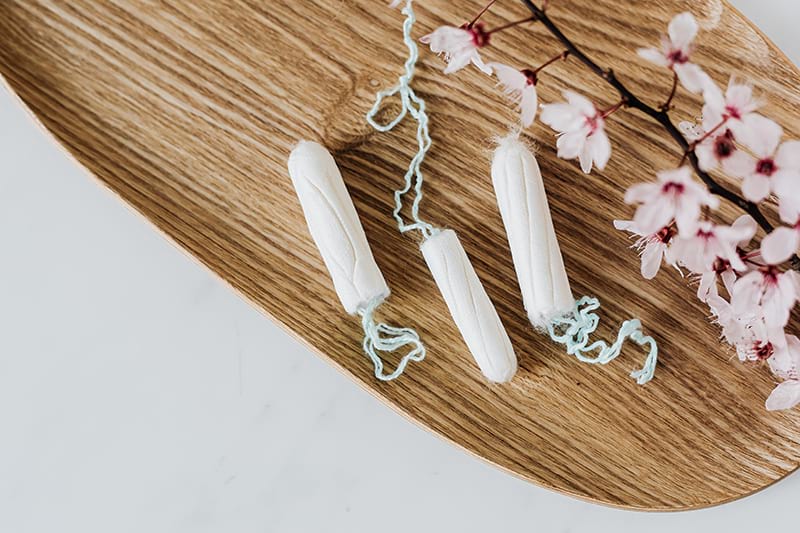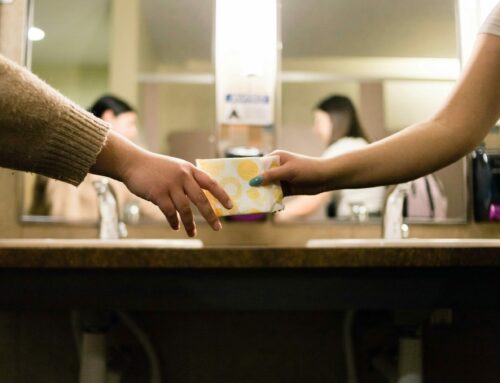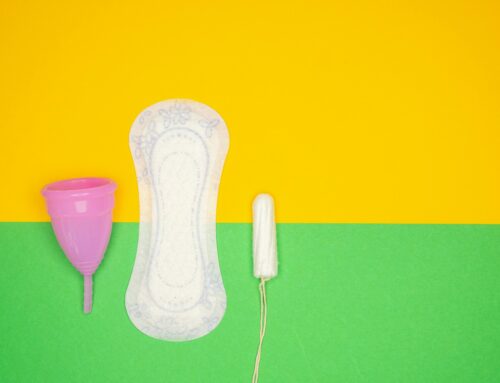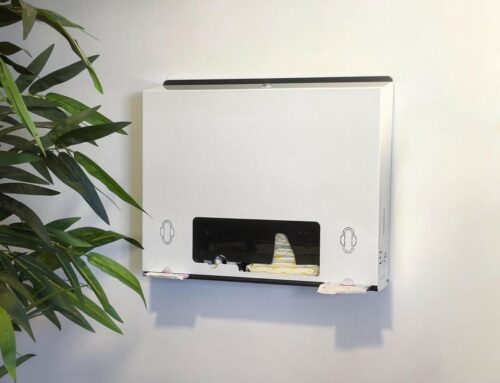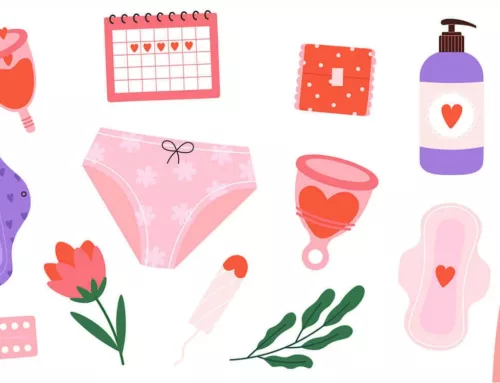Today, organic products and respect for the environment are becoming more and more part of consumer habits. Reduction of waste, electric cars, compost… all our habits are changing in order to preserve the planet. However, choosing organic or natural period protection is not only protecting the environment, but also your body. Indeed, many studies show that regular periodic protections have compositions that are often very harmful to our body. Let’s take a look!
Regular periodic protection
It is sometimes complicated to know the composition of our periodic protections. Indeed, these are products that we use several days a month and unfortunately, their compositions are often unknown. But taking an interest in it, specialists have identified several ingredients that are harmful to the body in their compositions, such as plastic, derivatives petroleum, glyphosate or even allergenic perfume additives. As many endocrine disruptors as allergens harmful to our health. The vaginal walls being very absorbent mucous membranes, the harmful ingredients contained in the protections are absorbed by the body and accumulate, which can create serious problems in the long term. When wearing a tampon, the danger is all the greater since the protective device is inside the vagina, the risk of toxic-shock-syndrom then arises.
Finally, conventional sanitary napkins can take up to 500 years to degrade. At around 10,000 to 15,000 pads per woman over a lifetime, sanitary napkins and tampons represent a significant amount of waste.
Natural and ecological menstrual products
Ecological pads are made using natural and biodegradable materials, often green PE or PLA. Often the parts of the napkin in contact with the mucous membranes are organic and the other components of the pad are mostly natural. Natural menstrual products do not contain allergens, endocrine disruptors or perfumes, they are tested under dermatological control. At IYNI, we offer you natural pads because we believe they are a good alternative between conventional pads that are harmful to women’s health and organic pads considered by some to be less effective.
Biological periodic protections
Every month, for an average of 5 days, a woman has her period. Conventional sanitary napkins or tampons are often irritating and make this period even more unpleasant. Some brands then wished to offer women softer and more comfortable protections, without perfume or harmful components so that women feel better in their periodic protections.
Organic sanitary pads
They are made of 100% organic cotton, often GOTS certified. All components are made of organic cotton, the pads do not contain any allergens and are not bleached with chlorine.
Tampons
They are in direct contact with the mucous membranes of the vaginal walls, so their composition is all the more important. Indeed, organic tampons are made of 100% organic cotton and have a natural veil on the tampon which prevents particles from the tampon from escaping into the body. This then makes it possible to avoid the presence of any foreign body in the vagina. In addition, since organic tampons are made of organic cotton, without chemicals, they are softer and therefore provide more comfort to their users. Despite their healthier composition, they have the same levels of absorption as conventional tampons. For organic tampons with applicator, the applicators are often made with biodegradable materials like cardboard.
Finally, biological tampons take an average of 5 months to decompose, unlike a classic tampon for which the duration is around 500 years.
At IYNI, we only offer organic tampons to reduce the risks associated with wearing tampons for our users.
In the range of disposable periodic protections, you therefore have 3 choices available to you: conventional pads and tampons, natural menstrual products as well as biological tampons and pads. Each type of product has its advantages and disadvantages: price, health, ecological aspect… At IYNI, we only offer natural or organic products because it seems important to us to offer our users protection.

